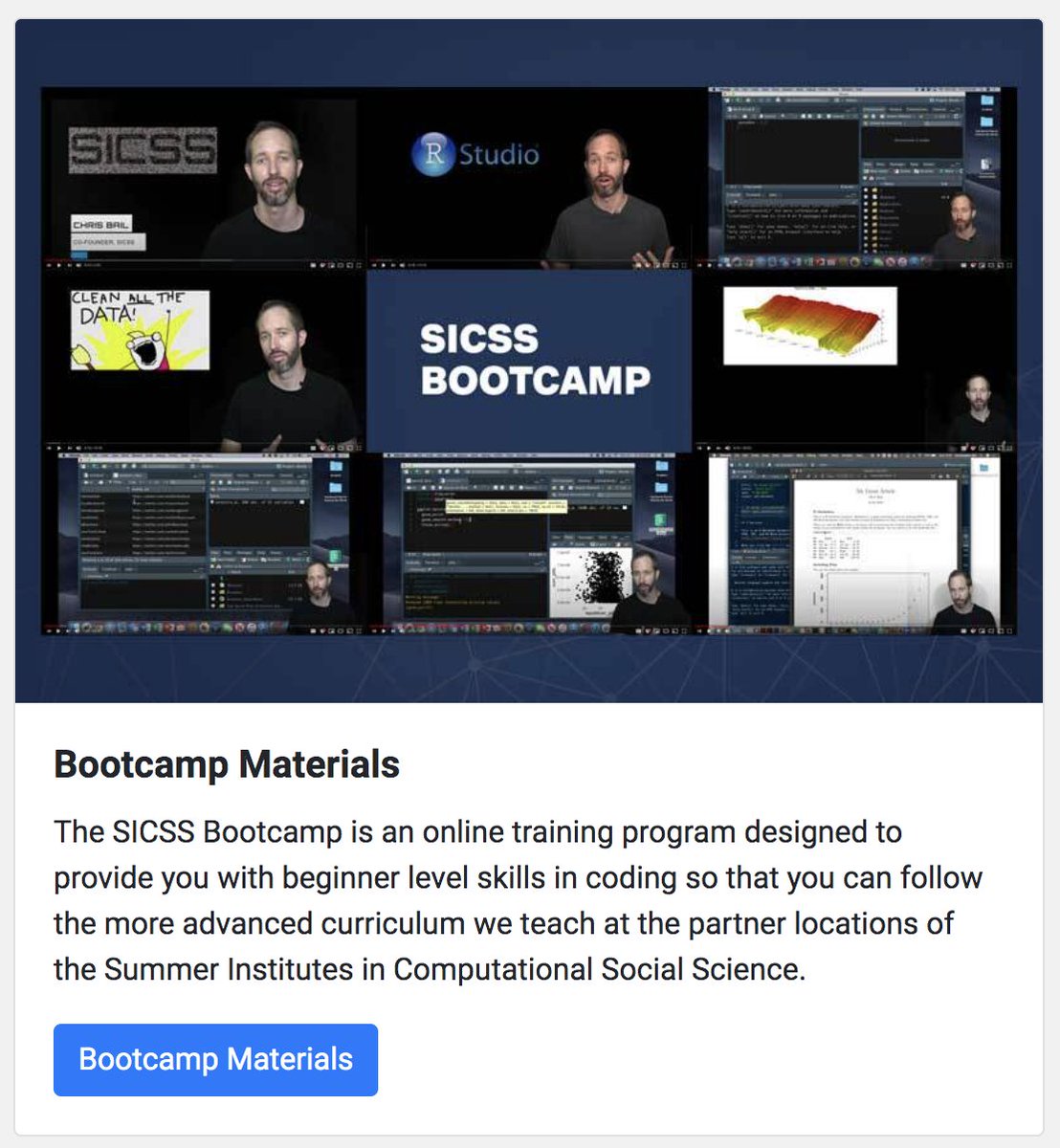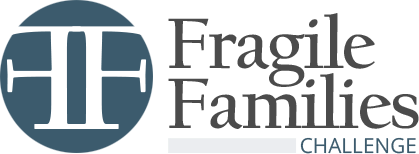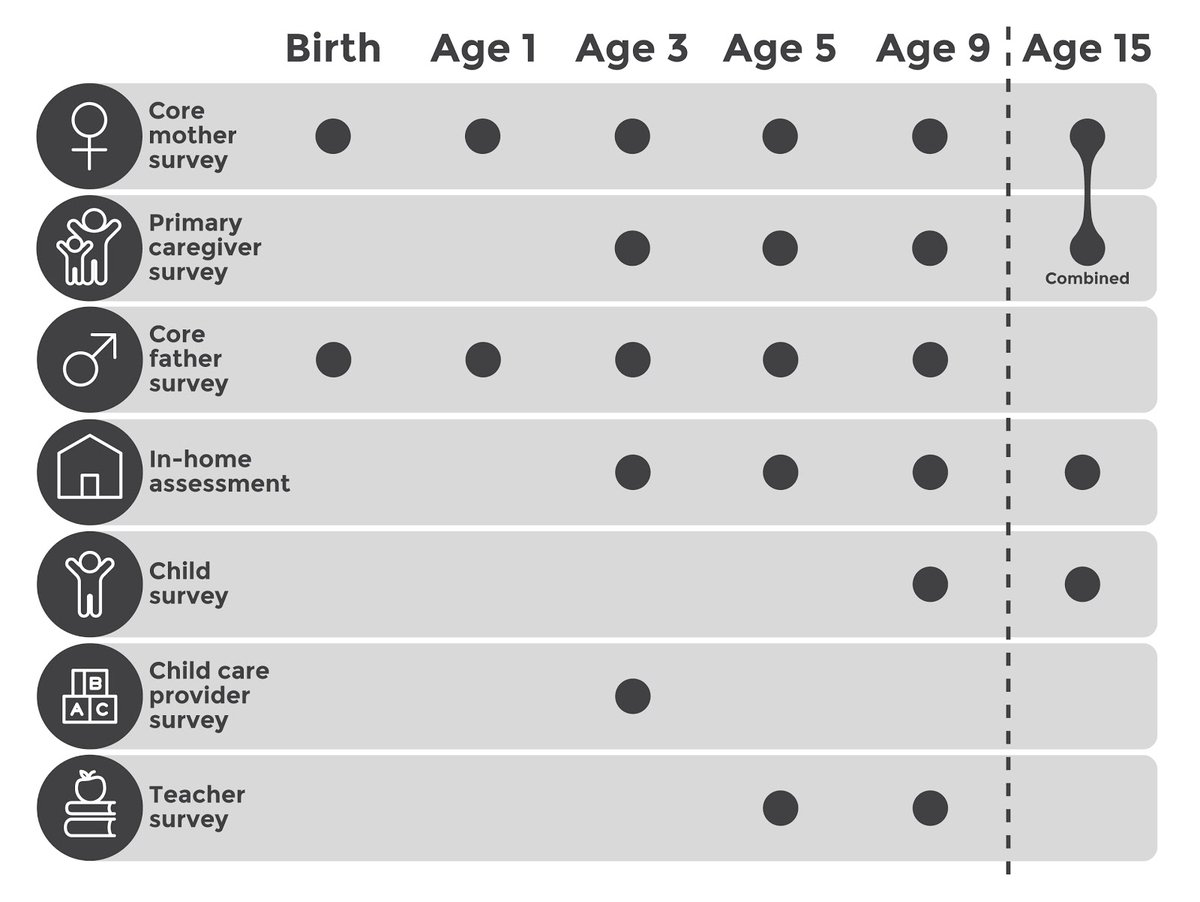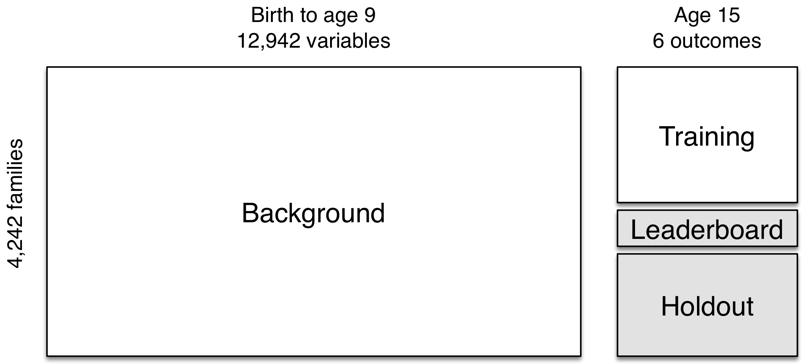
Announcing the 2021 Summer Institutes in Computational Social Science. #SICSS is for grad students, post-docs & beginning faculty. Free for participants. @chris_bail and I are happy to tell you about all 20 locations. sicss.io [thread] 

SICSS brings together social scientists & data scientists interested in computational social science for 1-2 week events with intensive study & collaborative research.
Topics covered include automated text analysis, web scraping, non-probability sampling, digital experiments, ethics & much more.
All education materials created for SICSS are available open-source so that people who are unable to participate can still learn. You can also use them in your teaching. Here are materials from previous years: sicss.io/overview
Because of COVID, all SICSS locations will be online only in 2021.
.@chris_bail and I will be organizing SICSS-Princeton from June 14-25. Applications are due Feb 22. sicss.io/2021/princeton/
In addition to SICSS-Princeton, there will be 19 partner locations organized by SICSS alumni and the broader SICSS community.
SICSS-Beijing. Organized by Yan Leng (SICSS 2018), Tian Yang, Yuan Yuan (SICSS 2019). sicss.io/2021/beijing/
SICSS-Bologna. Organized by Filippo Andreatta, Giampiero Giacomello, Marco Albertini, Matthew Loveless, Nicolò Cavalli (SICSS 2018). sicss.io/2021/bologna/
SICSS-Chicago. Organized by Kat Albrecht (SICSS 2017), Carrie Stallings, Andrew Papachristos. sicss.io/2021/chicago/
SICSS-FGV/DAPP Brazil. Organized by Marco Aurelio Ruediger, Tiago Ventura (SICSS 2019), Amaro Grassi, Danilo Carvalho. sicss.io/2021/fgv-dapp-…
SICSS-Helsinki. Organized by Matti Nelimarkka (SICSS 2017). sicss.io/2021/helsinki/
SICSS-Howard/Mathematica. Organized by Naniette Coleman (SICSS 2019). sicss.io/2021/howard-ma…
SICSS-HSE University. Organized by Elizaveta Sivak (SICSS 2019), Sofia Dokuka, Ivan Smirnov. sicss.io/2021/hse/
SICSS-Istanbul. Organized by Akin Unver, Yunus Emre Tapan. sicss.io/2021/istanbul/
SICSS-Law. Organized by Rūta Liepiņa (SICSS 2020), Monika Leszczynska (SICSS 2019), Catalina Goanta. sicss.io/2021/law/
SICSS-Lisbon. Organized by Qiwei Han (SICSS 2020), Filipa Reis. sicss.io/2021/lisbon/
SICSS-London. Organized by Andrea Baronchelli, Joshua Becker (SICSS 2017), Nicola Perra, Milena Tsvetkova, Mike Yeomans (SICSS 2017). sicss.io/2021/london/
SICSS-Montréal. Organized by Vissého Adjiwanou (SICSS 2017). sicss.io/2021/montreal/
SICSS-Oxford. Organized by Christopher Barrie (SICSS 2019), Charles Rahal, Francesco Rampazzo (SICSS 2018), Tobias Rüttenauer (SICSS 2019). sicss.io/2021/oxford/
SICSS-Rutgers. Organized by Michael Kenwick, Katie McCabe (SICSS 2019), Katya Ognyanova, Andrey Tomashevskiy. sicss.io/2021/rutgers/
SICSS-Stellenbosch. Organized by Douglas Parry (SICSS 2019), Richard Barnett (SICSS 2018). sicss.io/2021/stellenbo…
SICSS-Taiwan. Organized by Feng-Yi Liu (SICSS 2019), Robin Lee (SICSS 2020). sicss.io/2021/chengchi/
SICSS-Tokyo. Organized by Hirokazu Shirado (SICSS 2017), Makiko Nakamuro. sicss.io/2021/tokyo/
SICSS-UCLA. Organized by Jenny Brand, Alina Arseniev-Koehler (SICSS 2018), Bernard Koch, Pablo Geraldo. sicss.io/2021/los_angel…
SICSS-Zurich. Organized by Elliott Ash (SICSS 2017), Malka Guillot (SICSS 2019), Philine Widmer (SICSS 2019). sicss.io/2021/ethzurich/
All SICSS locations welcome applications from people with different backgrounds, interests & experiences. Also, all locations have pre-arrival materials to make sure that everyone is ready to participate and learn.
If you are new to computational social science, check out @chris_bail's new SICSS bootcamp. This online training program is designed to provide you with beginner level skills in coding so that you can follow the more advanced curriculum we teach at SICSS. sicss.io/boot_camp 

SICSS is available at no cost to participants thanks to grants from @RussellSageFdn, @SloanFoundation, @SSRC & @facebook. Some SICSS locations have also received support from other funders.
So far more about 650 people have participated in SICSS. You can learn about them here: sicss.io/people
You can learn more about hosting a partner location at your university, company, government agency, or organization here: sicss.io/host
You can learn more about SICSS here: sicss.io
Thank you to the entire SICSS community for making SICSS 2021 possible.
• • •
Missing some Tweet in this thread? You can try to
force a refresh





